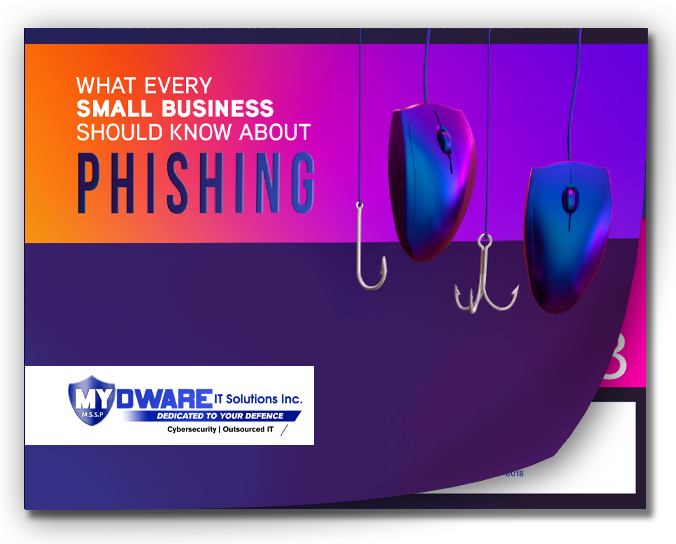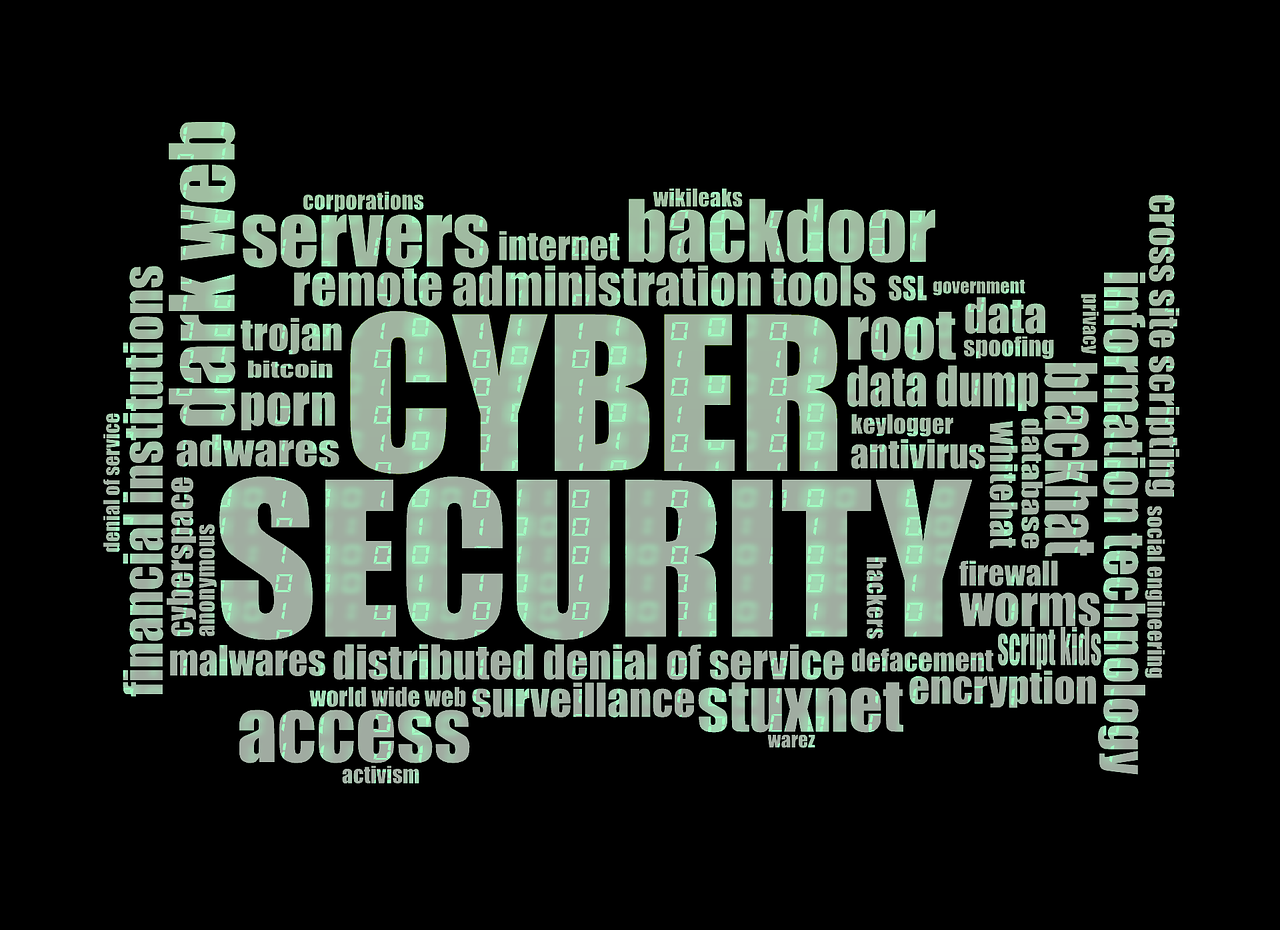 Summer is a prime time for vacations, and as more people look for affordable travel deals online, scammers have found new ways to exploit this trend. Reports indicate a staggering 900% increase in travel-related scams over the past 18 months. Cybercriminals are using AI-generated phishing emails to trick unsuspecting travelers into booking fake vacation rentals, costing them far more than their vacation budget.
Summer is a prime time for vacations, and as more people look for affordable travel deals online, scammers have found new ways to exploit this trend. Reports indicate a staggering 900% increase in travel-related scams over the past 18 months. Cybercriminals are using AI-generated phishing emails to trick unsuspecting travelers into booking fake vacation rentals, costing them far more than their vacation budget.
3 Ways How Scammers Are Exploiting AI
1. The Evolution of Phishing Emails
Phishing emails have been a persistent threat since the internet's early days, but advancements in AI have made these scams much more sophisticated. In the past, phishing emails were often easy to spot due to blatant spelling and grammatical errors. Today, AI tools like ChatGPT enable scammers to craft professional-looking emails that are difficult to distinguish from legitimate communications, making it easier to deceive even cautious individuals.
2. The Scam Process
Scammers typically target popular travel sites. They send out emails offering amazing deals on nonexistent properties. Once a victim makes a payment, the scammers either disappear with the money or continue to demand additional fees before vanishing. This tactic has become more effective with AI because the emails look more authentic, increasing the likelihood of duping travelers.
3. Role of AI
AI plays a crucial role in these scams. By using AI-powered tools, scammers can generate realistic data sets, design convincing email templates, and personalize messages to make them more believable. This level of sophistication makes it harder for individuals and security systems to detect and prevent these scams. Figure out why AI has been a go-to and why AI is being abused by cyberciminals for hacking.
5 Steps To Protect Yourself from Vacation Scams
1. Use Two-Factor Authentication
One of the most effective ways to protect yourself from phishing scams is to enable two-factor or multifactor authentication on your accounts. This adds an extra layer of security by requiring a confirmation code sent to your phone each time you log in. This additional step makes it significantly harder for scammers to gain access to your information.
2. Avoid Clicking on Email Links
When you receive an email offering an incredible deal, resist the urge to click on any links. Instead, visit the travel site directly and search for the offer. If you cannot find the deal, it's likely a scam. This extra step can prevent you from falling victim to phishing attempts.
3. Verify Property Details
Before booking any property online, take the time to verify contact information and read reviews from verified users. If other travelers have stayed at the property and left positive feedback, it's less likely to be a scam. This due diligence can save you from the disappointment and financial loss of booking a nonexistent rental.
4. Use Credit Cards for Online Purchases
Whenever possible, use credit cards instead of debit cards for online transactions. Credit cards offer additional protection against fraud, making it easier to dispute charges and get your money back if you're scammed. Debit cards, on the other hand, are directly linked to your bank account, and recovering stolen funds can be more challenging.
5. Stay Vigilant and Follow Best Practices
Always scrutinize email offers and adhere to cybersecurity best practices. While standard security software can help detect some scam emails, it's crucial to remain cautious and look for red flags in every communication. Awareness and vigilance are your best defenses against phishing scams.
Already in a vacation? Take the only cybersecurity measures you should do during vacation to protect yourself from scammers and hackers!
2 Impact of Scams
1. Personal Consequences
Falling victim to a vacation scam can ruin your trip and lead to significant financial losses. However, the impact goes beyond personal inconvenience. For businesses, the stakes are even higher. A security breach can jeopardize your livelihood, disrupt operations, and damage your reputation.
2. Business Implications
For business owners, the consequences of a security breach can be devastating. A successful phishing attack can lead to data loss, financial damage, and loss of customer trust. It's essential to have robust cybersecurity measures in place to protect your business and mitigate these risks.
To ensure your network is secure, contact us for a FREE Cybersecurity Risk Assessment. We'll help you develop a plan to protect your business and give you peace of mind.
Darryl Cresswell
CEO & President
MYDWARE IT Solutions Inc.




